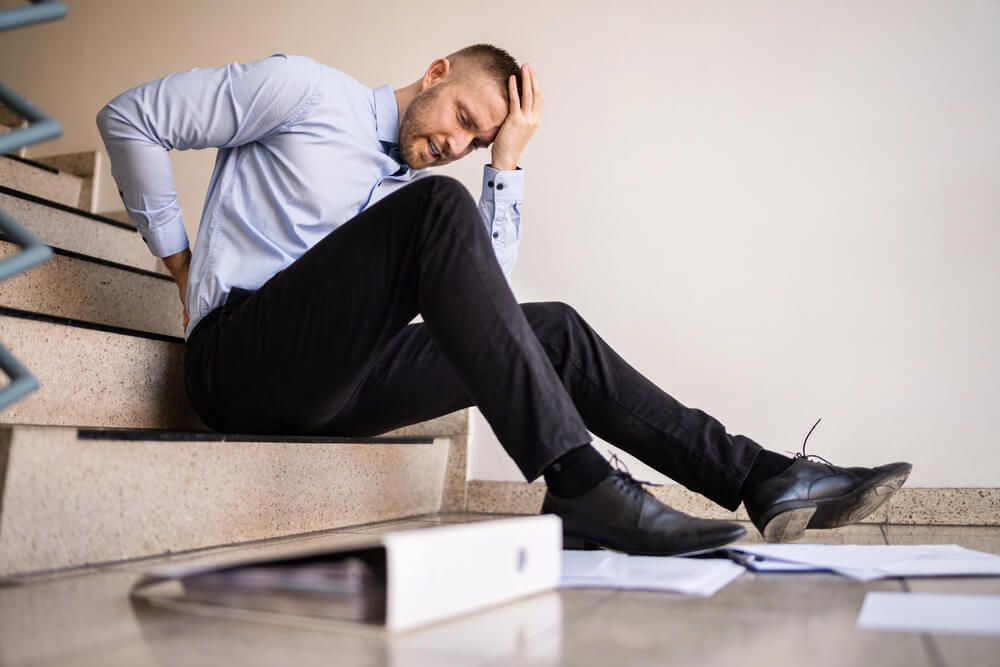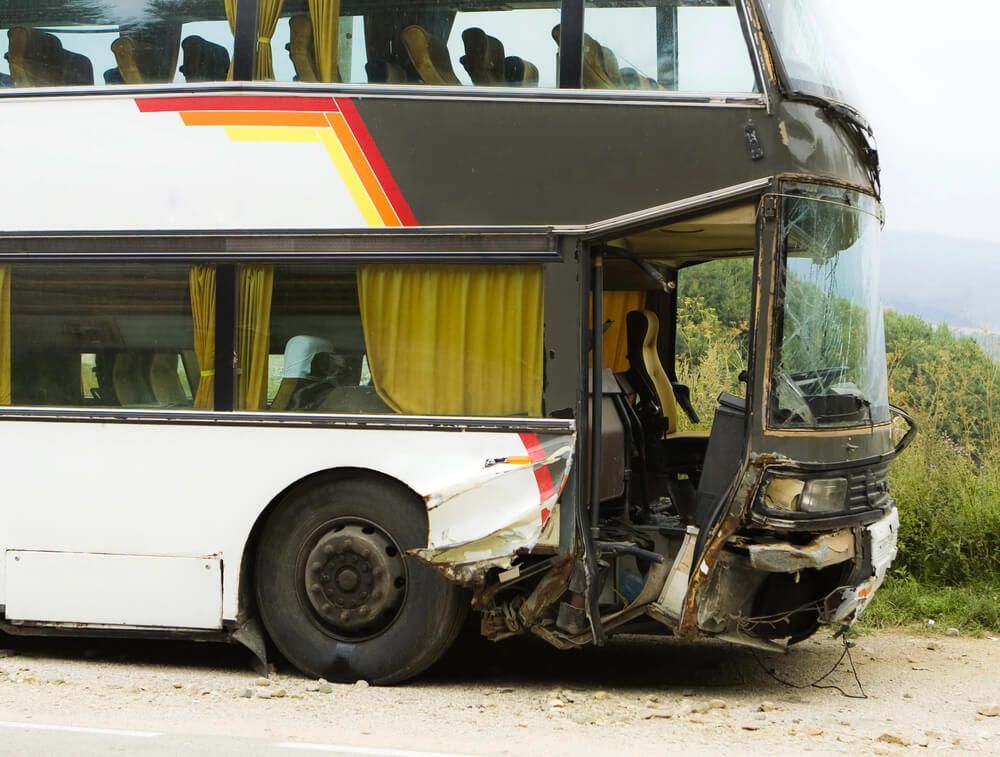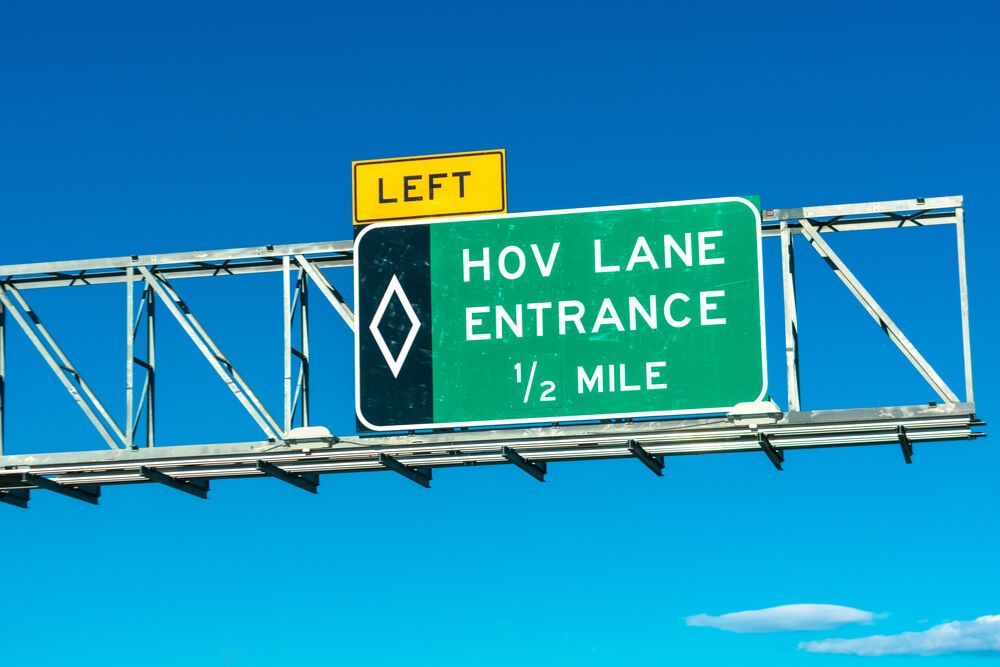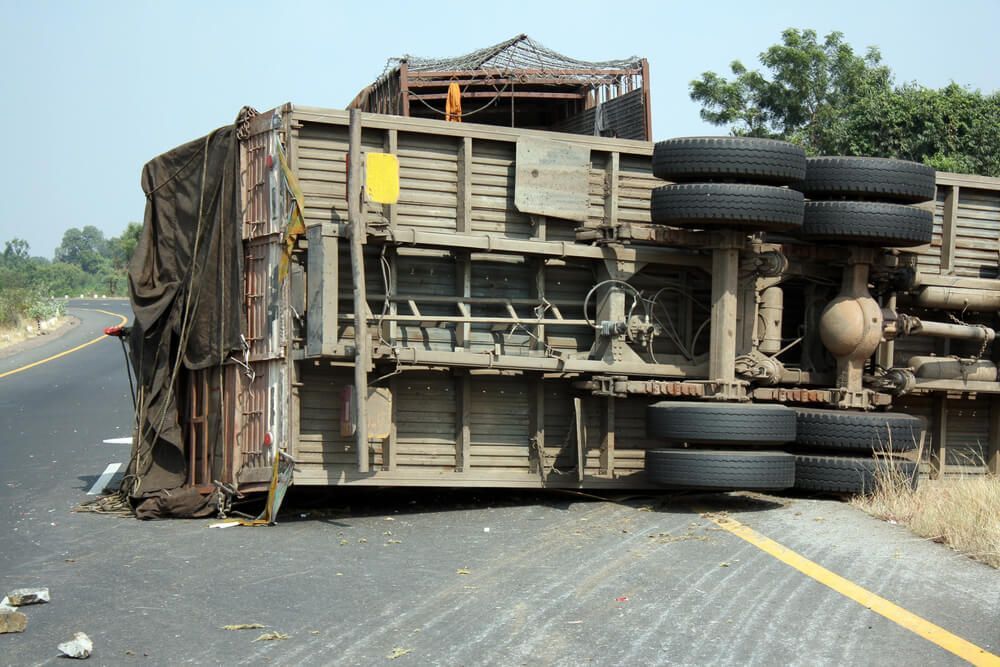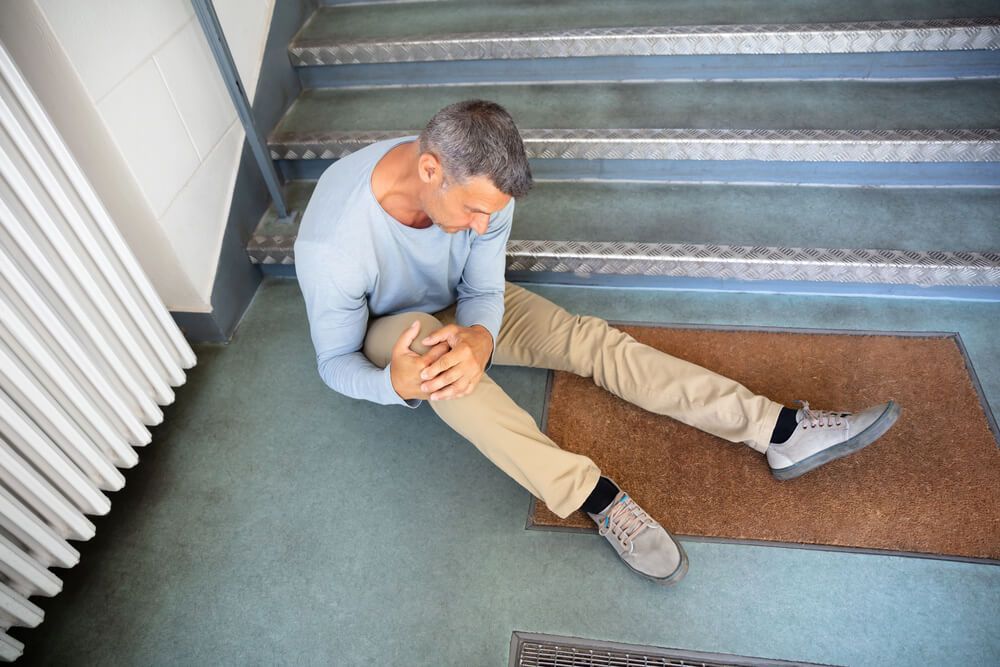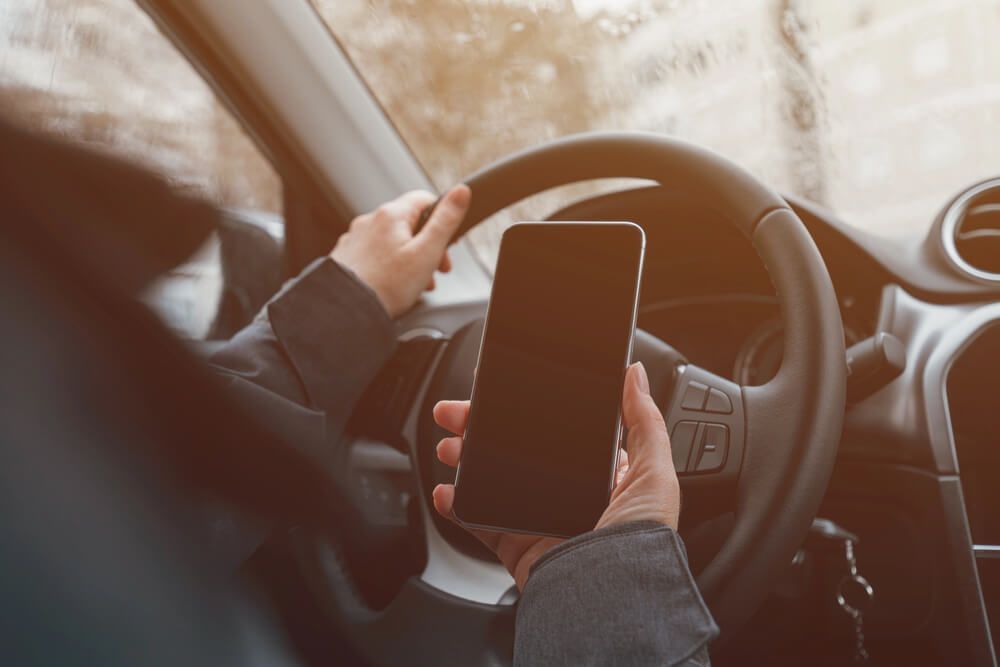Who Is Liable in a Self-Driving Car Accident?
Recent Blog Posts
Who Is Liable in a Self-Driving Car Accident?
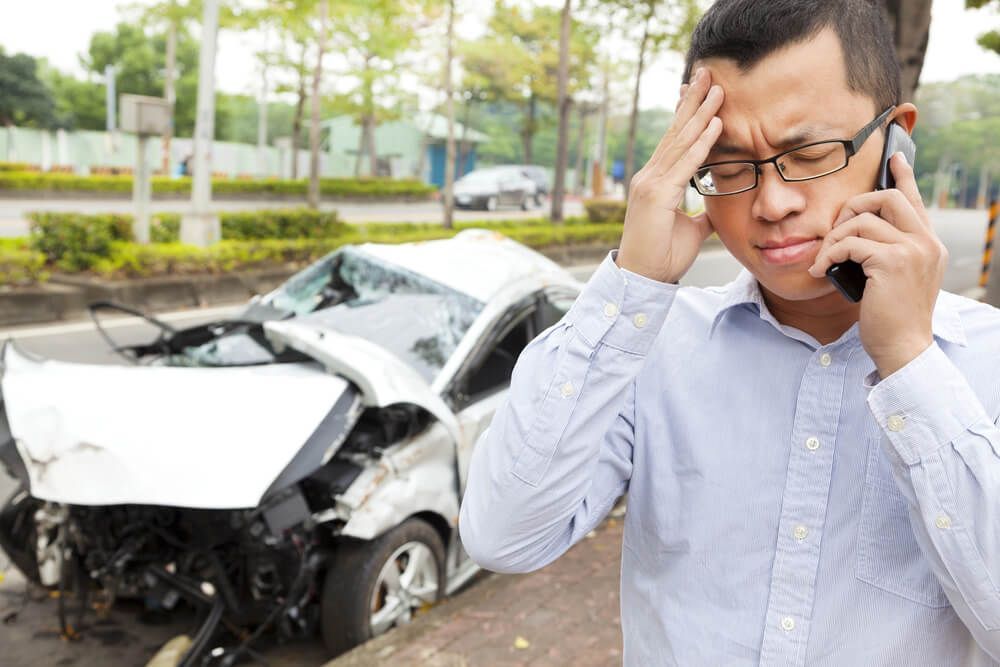
Being injured by a vehicle that is supposed to drive itself can be frightening and confusing. You may be left with medical bills and lost income while wondering who should be held accountable. Traditional negligence rules focus on the human driver, but who is liable in a self-driving car accident?
Who Is at Fault in a Self-Driving Car Accident?
When an autonomous car crashes, adjusters determine fault by looking at sensor data, police reports and sometimes even vehicle software logs. In some cases, several people or companies could share responsibility.
Vehicle Owner
Even though a vehicle can steer and brake on its own, owning it still comes with significant responsibilities. Most vehicles on the road today operate at SAE automation levels 2 or 3, which means you must stay alert, monitor the system and be ready to take control at any time.
Self-driving car owners can be liable for accidents when they:
- Ignore Maintenance: Failing to install updates or maintain sensors can cause malfunctions, shifting liability to the owner.
- Make Unauthorized Modifications: Altering the vehicle’s hardware or disabling safety features may defeat built-in protections and cause an accident.
- Disregard Manufacturer Instructions: Using a semi-autonomous vehicle in conditions outside its approved operating domain or ignoring warnings to take over control can constitute negligence.
In short, you cannot simply “set it and forget it” in most autonomous vehicles. You still owe a duty of care to other road users and must use the technology responsibly.
Vehicle Manufacturer
If a self-driving crash happens because of a defect in the vehicle’s design, construction or software, product liability law allows you to hold a manufacturer accountable if its vehicle or system is defective:
- Design Defects: The vehicle’s system may be unsafe by design and could be considered defective.
- Manufacturing Defects: Even if the design is sound, a mistake during production can make a vehicle unsafe.
- Failure to Warn or Adequately Instruct: If a manufacturer markets a Level-2 system as “full self-driving” or fails to provide clear warnings, the manufacturer may be at fault.
- Negligent Recall: When a manufacturer delays issuing recalls or software updates after discovering a safety problem, that negligence can support an accident claim.
Manufacturers may also face liability when the vehicle’s software misreads data, a braking system fails or the autonomous mode disengages without warning.
Third Parties
Sometimes other people or companies may share the blame for a self-driving car accident.
- Other Drivers: If someone else causes the crash, such as a driver cutting you off or a pedestrian stepping into traffic, that person may be legally responsible.
- Software Developers and Suppliers: If a third-party company created the car’s software or sensors and their product failed, they could share liability.
- Repair Shops: A mechanic may be at fault if they failed to update software, installed faulty parts or didn’t properly calibrate sensors.
- Government Entities: Poor road design, faded lane markings or dangerous intersections may contribute to a crash, and a city or state agency could be held liable if they failed to correct known hazards.
Arizona follows pure comparative fault rules, which means each party’s share of blame affects how much compensation they can recover. Even if you’re partially at fault for a car accident, you may still be entitled to damages.
Proving Liability After a Self-Driving Car Accident Takes Experience
Sometimes it’s difficult to determine who is liable in a self-driving car accident. At Sargon Law Group, our attorneys have the experience to handle complex autonomous car crash claims. We work with industry experts to uncover what went wrong and hold every responsible party accountable for the harm you’ve suffered.
If you’ve been injured in a crash involving a self-driving vehicle, talk to a car accident attorney at Sargon Law Group today for a free consultation. Let our team handle the legal details so you can focus on your recovery.
